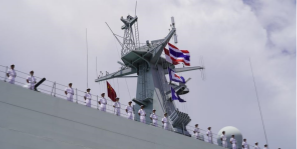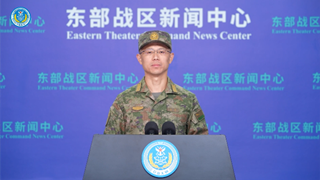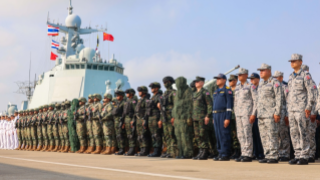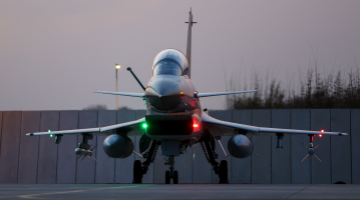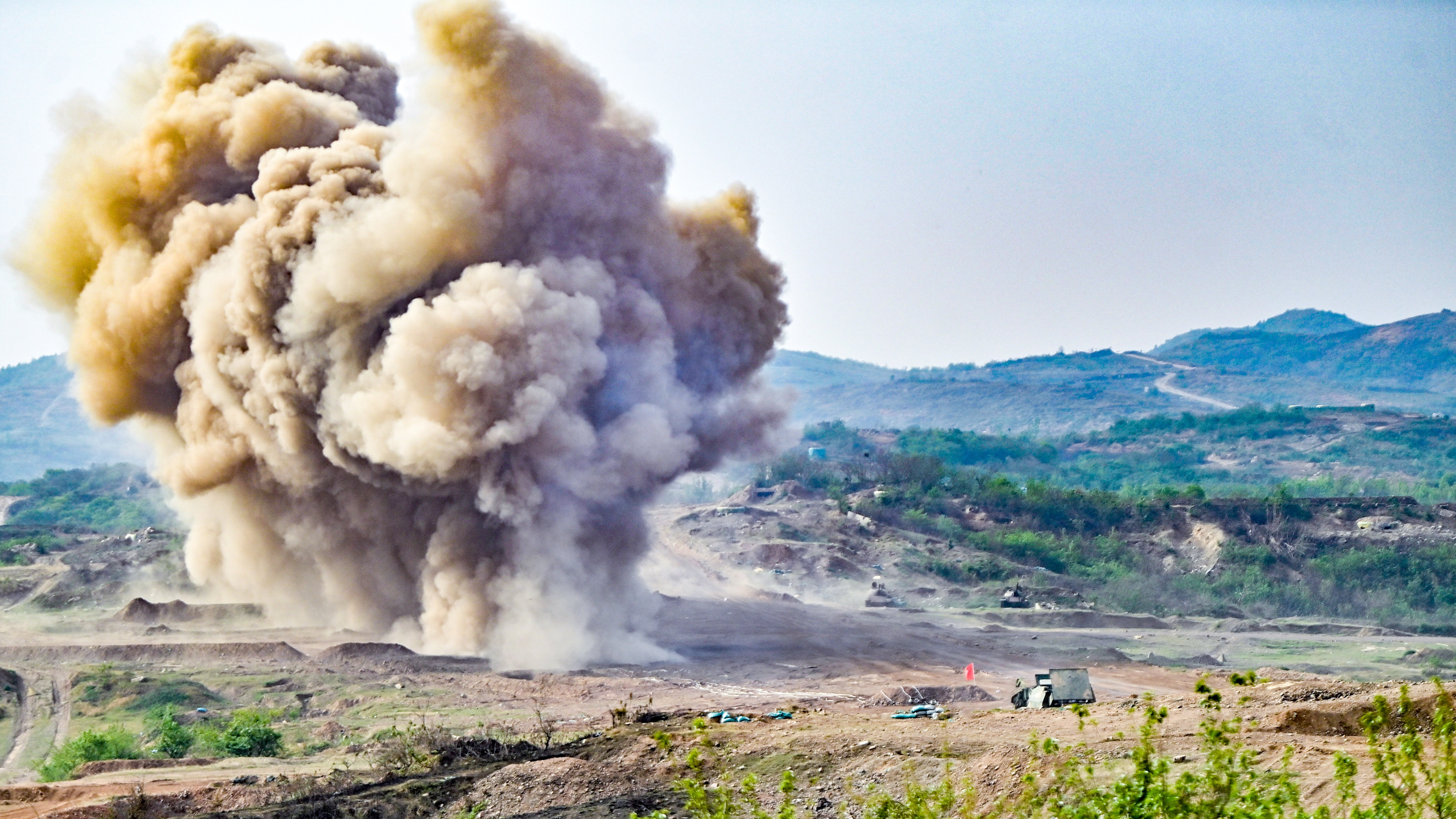By Yun Ruijing
NATO Secretary General Mark Rutte recently visited Japan. It's his first trip to Japan since taking office in last October. During the visit, he held talks with Japanese Prime Minister Shigeru Ishiba, where both sides agreed to deepen cooperation in the security domain. He also visited the Yokosuka Naval Base of Japan Maritime Self Defense Force (JMSDF), where he boarded Japan's newest frigate JS Mogami (FFM-1) and inspected equipment including underwater vehicles used for mine detection.
Why did Mark Rutte show particular interest in Japan's defense manufacturing during his visit?
According to military observer Yin Zhuo, against the backdrop of the adjustments to Ukraine policy by the Trump administration and the widening rifts between the US and Europe, the visit of Mark Rutte reflects the intention of some European countries to seek military-industrial cooperation with Japan, advance defense autonomy, and reduce reliance on US security support. Looking ahead, deeper cooperation in the defense industry between Japan and Europe is highly anticipated.
Yin pointed out that most European countries have relatively small-scale armed forces, making it difficult to sustain their defense industry and research systems. With the rapid development of military technologies, the only viable path for European countries to keep pace is to build a self-reliant defense industrial system independent of the US through partnerships. Japan, with its relatively mature defense manufacturing system, offers a practical partner for such collaboration.
Why is NATO accelerating its extension into the Asia-Pacific?
Before his visit to Japan, Mark Rutte publicly stated that NATO seeks to make its partnerships more substantive. He noted plans to deepen ties with Japan, Australia, New Zealand, and the ROK, aiming to expand cooperation in industrial production, innovation, and other areas of shared interest.
Yin Zhuo said that under the uncertainty in policies of the Trump administration, the role of NATO has been increasingly weakened. In a bid to showcase its so-called influence, NATO is seeking to accelerate its extension to the Asia-Pacific by drawing in regional allies. With US leadership over NATO in decline, the bloc is obviously losing its strategic direction. Against this backdrop, NATO has been extending its reach into the Asia-Pacific in an effort to assert itself as a relevant and influential military alliance.
Regional hotspot issues such as the Taiwan question and the South China Sea issue offer NATO perceived entry points to play a more active role. With the US shifting its strategic focus toward the Asia-Pacific, NATO sees this as a protective shield that lowers the risks of its involvement in regional affairs. As a result, NATO is actively pushing forward its extension into the Asia-Pacific.
Is Japan using NATO to advance its ambitions?
The cooperation between Japan and NATO is nothing new. Japan has been one of the global partners of NATO as early as 2008. After the outbreak of the Russia-Ukraine conflict, interactions between the two sides have intensified. Since 2022, NATO has invited Japan to its summit for three consecutive years. The two sides also established a secret intelligence-sharing channel in 2024.
Yin Zhuo believes that although Japan seeks to enhance its global geopolitical status by deepening cooperation with NATO, its goal may be difficult to achieve due to its economic dependence on Asia-Pacific countries and security reliance on the US. To become a "major power," Japan needs to meet three conditions, namely maintaining global economic leadership, pushing for a permanent seat on the UN Security Council, and achieving military autonomy.
In reality, Japan depends on the Asia-Pacific market economically, yet it is heavily dependent on the US and Western allies for security. This situation presents quite a paradox. Without US support, Japan's regime would struggle to survive, and without the Asia-Pacific market, Japan would find it hard to develop its economy. In the face of both economic and security dilemmas, Japan's ambition to become a "major power" seems unlikely to succeed.
Editor's Note: Originally published on military.cnr.cn, this article is translated from Chinese into English and edited by the China Military Online. The information and opinions in this article do not necessarily reflect the views of eng.chinamil.com.cn.







